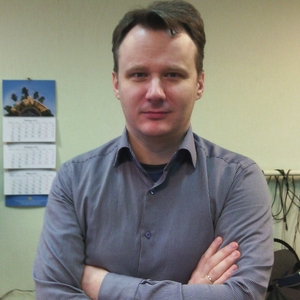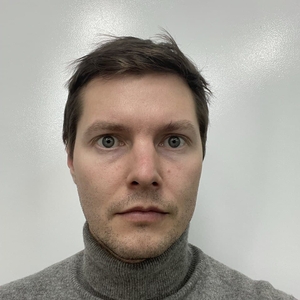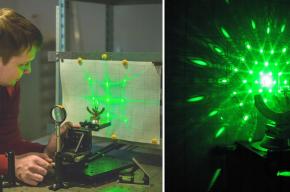Master's program
Education within this program is organized as follows. The first three semesters are devoted both to education classes and to research work in the laboratories of the Ioffe Physical-Technical Institute and the Department of Physics and Engineering of ITMO University, which are complete with modern equipment; or direct work with leading theorists in the field of solid state physics. In the fourth semester, students are fully engaged in research work, and write a graduation thesis. Most of them are preparing for PhD school.
From the second semester, the program is separated into two parts: general courses for all students and elective courses related to the two tracks: theoretical and experimental. It is recommended that students attend both tracks to improve their education level: this opportunity exists because courses from different tracks are scheduled on different days of the week. It is obligatory for students to pass exams only in the subjects from their main track (the track they have selected). The educational program is continuously updated, and new modern courses are introduced; in addition, courses move between “general” and “track” parts, taking into account students’ academic performance and their wishes.
Starting from autumn 2020, general majors courses include: in the first semester, photonics, theory of photonic structures and classical electrodynamics; in the second semester, solid state optics, special chapters of semiconductor physics, electrodynamics of metamaterials and physics of semiconductor nanostructures; and in the third semester, functional nanomaterials, solar photovoltaics, linear and nonlinear magnetophotonics and nanoplasmonics.
The theoretical track includes in-depth study of selected branches of quantum mechanics, kinetic phenomena in electronics and spintronics, the original course “quasiparticles in semiconductors”, and numerical methods in semiconductor physics. The experimental track contains a set of laboratory classes conducted on modern equipment at the Ioffe Institute, allows students to get acquainted with the fabrication technologies for semiconductor structures at the Academic University, and to study the operation principles of semiconductor lasers and modern methods of atomic force microscopy.
It is mandatory for students to attend one of the scientific seminars at the Ioffe Institute or ITMO University. The theoretical seminars at the Ioffe Institute, known as “Low-dimensional seminar” and “Tea seminar”, have received international acclaim. Ioffe Institute is an institute where a wide variety of scientific fields are developing, which enables students to expand their horizons by attending exciting seminars on astrophysics, problems of thermonuclear fusion, low-temperature physics, and many other fields.



